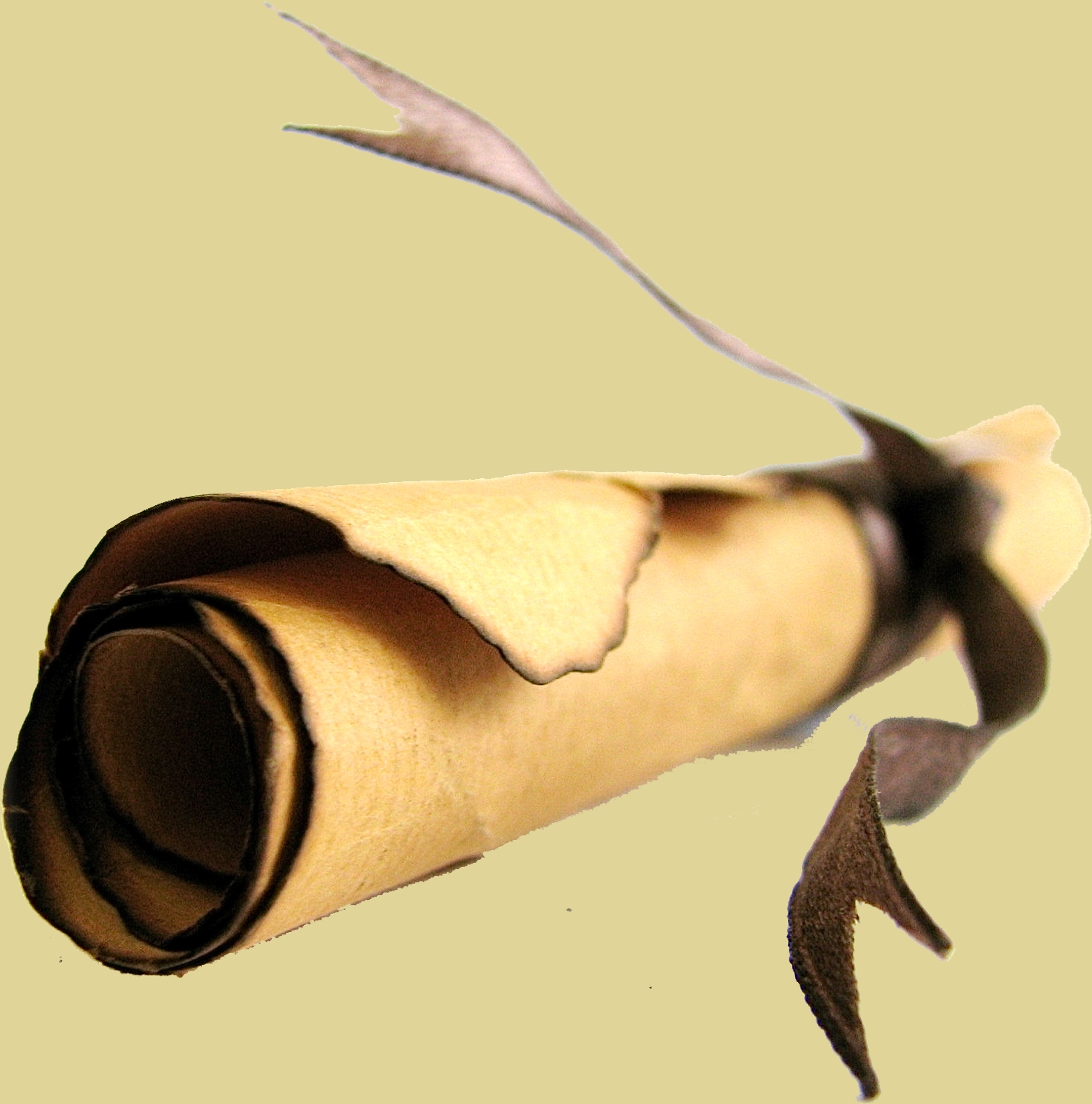
sussidio November 2019

From the WORD of GOD
15 There is no comparison between the free gift and the offence. If death came to many through the offence of one man, how much greater an effect the grace of God has had, coming to so many and so plentifully as a free gift through the one man Jesus Christ!
16 Again, there is no comparison between the gift and the offence of one man. One single offence brought condemnation, but now, after many offences, have come the free gift and so acquittal!
17 It was by one man’s offence that death came to reign over all, but how much greater the reign in life of those who receive the fullness of grace and the gift of saving justice, through the one man, Jesus Christ.
18 One man’s offence brought condemnation on all humanity; and one man’s good act has brought justification and life to all humanity.
19 Just as by one man’s disobedience many were made sinners, so by one man’s obedience are many to be made upright. 20 When law came on the scene, it was to multiply the offences. But however much sin increased, grace was always greater;21 so that as sin’s reign brought death, so grace was to rule through saving justice that leads to eternal life through Jesus Christ our Lord.(Rm 5, 15-21)
From the DOCUMENTS of the CHURCH
According to the almost unanimous opinion of believers and unbelievers alike, all things on earth should be related to man as their centre and crown. But what is man? About himself he has expressed, and continues to express, many divergent and even contradictory opinions. In these he often exalts himself as the absolute measure of all things or debases himself to the point of despair. The result is doubt and anxiety. The Church certainly understands these problems. Endowed with light from God, she can offer solutions to them, so that man’s true situation can be portrayed and his defects explained, while at the same time his dignity and destiny are justly acknowledged. For Sacred Scripture teaches that man was created “to the image of God,” is capable of knowing and loving his Creator, and was appointed by Him as master of all earthly creatures that he might subdue them and use them to God’s glory. (n.12)
Although he was made by God in a state of holiness, from the very onset of his history man abused his liberty, at the urging of the Evil One. Man set himself against God and sought to attain his goal apart from God. Although they knew God, they did not glorify Him as God, but their senseless minds were darkened and they served the creature rather than the Creator. What divine revelation makes known to us agrees with experience. Examining his heart, man finds that he has inclinations toward evil too, and is engulfed by manifold ills which cannot come from his good Creator. Often refusing to acknowledge God as his beginning, man has disrupted also his proper relationship to his own ultimate goal as well as his whole relationship toward himself and others and all created things.
Therefore man is split within himself. As a result, all of human life, whether individual or collective, shows itself to be a dramatic struggle between good and evil, between light and darkness. Indeed, man finds that by himself he is incapable of battling the assaults of evil successfully, so that everyone feels as though he is bound by chains. But the Lord Himself came to free and strengthen man, renewing him inwardly and casting out that “prince of this world” (John 12:31) who held him in the bondage of sin. (n.13)
(Pastoral Constitution on the Church in the Modern World, GAUDIUN ET SPES, Vatican Council II, 1965; nn. 12-13)
From the WRITINGS of Blessed A. ROSMINI
In the divine plan for the redemption and salvation of man, death alone was to restore all that sin had ruined. This death, in order to consummate an act of justice that would open the way to mercy, had to be a sacrifice acceptable to God. Now for death to be invested with the nature of sacrifice, the person undergoing it had to accept it willingly for love of justice.
The characteristic of ‘offering’ had to be added to death, and this oblation had to be acceptable to God. No sinner was capable of making this offering: no one loved justice sufficiently to die for it, because no one had experienced the joy of the after-life.
Only the death of Jesus was capable of attaining the end in view. He was innocent, he offered himself, he gave more than was due, and he paid an infinite price which was more than sufficient to redeem the debt of human nature. In such a way, by accepting that status of victim, the God- man became priest. The Incarnation of the Word made sinful man’s salvation a reality. The sacraments sprang forth from the merits of the Passion of the God- man. They all arise from the sacrifice and bear in themselves, as their intrinsic characteristic, the effects of this sacrifice.
(A. Rosmini, Antropologia Soprannaturale)
LET US PRAY
How blessed are those you instruct, Yahweh,
whom you teach by means of your law,
to give them respite in evil times.
Yahweh will not abandon his people,
he will not desert his heritage;
for judgement will again become saving justice,
and in its wake all upright hearts will follow.
If Yahweh did not come to my help,
I should soon find myself dwelling in the silence.
I need only say, ‘I am slipping,’
for your faithful love, Yahweh, to support me;
however great the anxiety of my heart,
your consolations soothe me. (Ps 94)
PASTORAL YEAR 2019 – 2020; ON-GOING FORMATION
INSTITUTE OF CHARITY
ROSMINIAN SISTERS OF PROVIDENCE
[iframe width=”560″ height=”315″ src=”http://www.youtube.com/embed/Qjnc0H8utks” frameborder=”0″ allowfullscreen ]